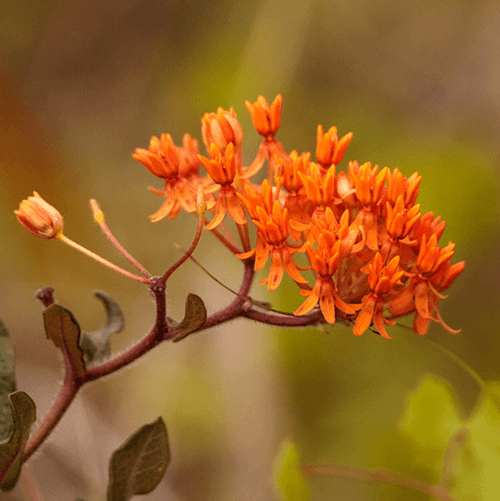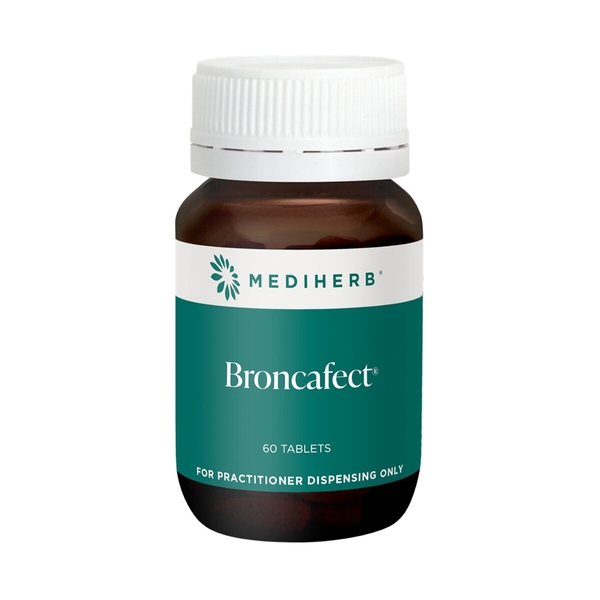
Background
Pleurisy root is used for coughs, swelling of the lining of the lungs (pleuritis), swelling of the air sacs in the lungs (pneumonitis), swelling of the airways (bronchitis), influenza, and many other conditions, but there is no good scientific evidence to support these uses. Using pleurisy root can also be unsafe.
Safety Safety definitions
Special Precautions & Warnings:
Pregnancy: It's UNSAFE to use pleurisy root if you are pregnant. Pleurisy root can stimulate the uterus and it can also act like the hormone estrogen. These effects can endanger the pregnancy.Breast-feeding: It is POSSIBLY UNSAFE to use pleurisy root if you are breast-feeding. Avoid use.
Heart problems: Pleurisy root might interfere with medicines used to treat heart problems. Don't use pleurisy root if you have a heart condition.
Effectiveness
- Cough.
- Lung inflammation.
- Bronchitis.
- Influenza (flu).
- Disorders of the uterus.
- Pain.
- Spasms.
- Promoting sweating.
- Other conditions.
Dosing & administration
Interactions with pharmaceuticals
Digoxin (Lanoxin)
Interaction Rating=Major Do not take this combination.
Digoxin (Lanoxin) helps the heart beat more strongly. Pleurisy root also seems to affect the heart. Taking pleurisy root along with digoxin can increase the effects of digoxin and increase the risk of side effects. Do not take pleurisy root if you are taking digoxin (Lanoxin) without talking to your healthcare professional.
Estrogens
Interaction Rating=Moderate Be cautious with this combination.
Large amounts of pleurisy root might have some of the same effects as estrogen. But pleurisy root isn't as strong as estrogen pills. Taking pleurisy root along with estrogen pills might decrease the effects of estrogen pills.
Some estrogen pills include conjugated equine estrogens (Premarin), ethinyl estradiol, estradiol, and others.
Water pills (Diuretic drugs)
Interaction Rating=Moderate Be cautious with this combination.
Pleurisy root might affect the heart. "Water pills" can decrease potassium in the body. Low potassium levels can also affect the heart and increase the risk of side effects from pleurisy root.
Some "water pills" that can deplete potassium include chlorothiazide (Diuril), chlorthalidone (Thalitone), furosemide (Lasix), hydrochlorothiazide (HCTZ, Hydrodiuril, Microzide), and others.
Interactions with herbs & supplements
Interactions with foods
Action
Products
View all products- Asclepias tuberosa (Pleurisy root)
- Echinacea angustifolia
- Astragalus membranaceus
- Sambucus nigra (fruit)
- Lycium barbarum
- Rosa canina
- Luo Han Guo (fruit) ext. (Monk fruit)
- Echinacea purpurea
- Sambucus nigra
- Glycyrrhiza glabra (root)
- Olea europaea (leaf)
- Calendula officinalis
- Origanum vulgare
- Uncaria tomentosa
- Mentha x piperita
- Thymus vulgaris
- Cola acuminata
- Foeniculum vulgare
- Inula helenium
- Achillea millefolium
- Armoracia rusticana
- Capsicum spp.
- Allium sativum
- Allium cepa
- Zingiber officinale
- Cordyceps sinensis (mushroom)
- Ganoderma lucidum (mushroom)
- Lentinula edodes (mushroom)
- Tremella fuciformis (mushroom)
- Trametes versicolor (mushroom)
- Salvia eremostachya
- Hericium erinaceus (mushroom)
- Inonotus obliquus (mushroom)
- Ilex paraguariensis






